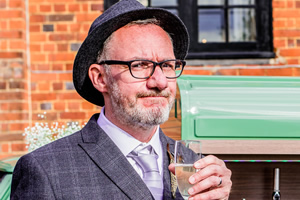
Dima Watermelon
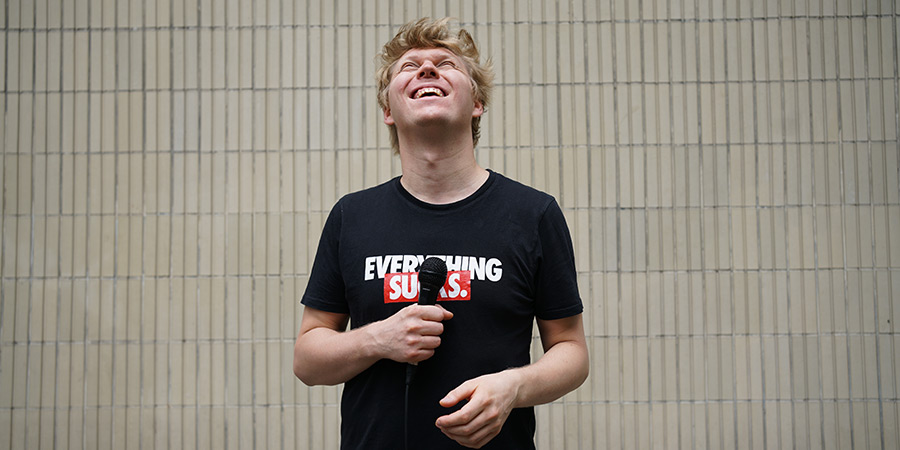
It was the first of times, it was the worst of times. And this time we welcome Dima Watermelon, who plays London next weekend with a show that means a lot, in many ways.
"Ukrainian Dream is my debut stand-up hour, in which I explore my own journey of becoming a comedian alongside the collective dreams and struggles of the Ukrainian people," explains the now Berlin-based comic. "While my personal life and journey into stand-up was easy to address through bits and anecdotes, tackling the 'Ukrainian Dream' as a national aspiration was more challenging."
That does sound a delicate balancing act, for a comedy show?
"It took me some time to shape the material and find the right tone, given the sensitivity of the topic," he agrees. "Many of my audience members are Ukrainians who have been directly affected by the war, and the last thing I want to do is retraumatise people with distasteful jokes."
That show should be well-honed now. Watermelon - whose surname really does translate as that, in Ukrainian - recently completed a first full run at the Edinburgh Fringe, with all the requisite swings and roundabouts.
"A rewarding experience overall. While my initial expectations of audience engagement, reviews, and media attention were perhaps a bit naive, immersing myself in the festival and gaining a deeper understanding of its inner workings provided a valuable reality check. Witnessing the sheer number of shows and hearing the challenging experiences of fellow performers put my own journey into perspective.
"Ultimately, I'm proud of my debut Fringe performance and consider it a moderate success. My Fringe run included both the worst and one of the best shows of my life - a perfect illustration of the festival's rollercoaster nature. One day you're on top of the world, the next you're questioning every decision."
Speaking of questions...
First gig?
It was a Sunday night in early February 2019. The Last Stand open mic in Berlin, which is unfortunately not around anymore. Small crowd of expats, I did somehow well. Had just finished a stand-up class, so I had five minutes of material ready to go.
Being a Ukrainian doing stand-up in English, I figured I was unique. Imagine my surprise when the host's first words were, "You're from Ukraine? Do you know Palya? He's hilarious." Furious. Who the hell was this guy? Fast forward to today: we're friends, we've done tonnes of shows together, including a one-off at Edinburgh Fringe 2022 called From Ukraine with Laughs.
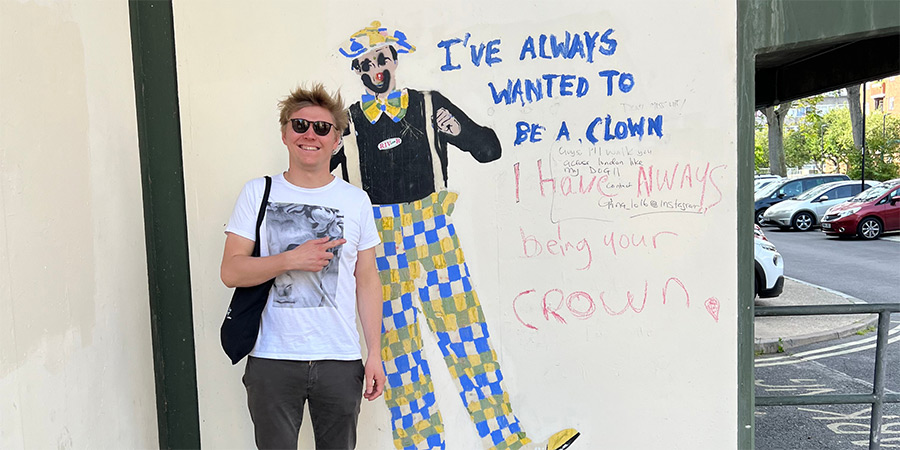
Favourite show, ever?
Before pursuing comedy full-time, I spent a month in NYC, wanting to experience the US comedy industry and try to break into the scene. Reality hit hard: pay-to-play open mics, empty bar shows, and endless unanswered emails. NYC's comedy world, much like the Edinburgh Fringe, is a humbling experience for newcomers.
Amidst the struggle, a breakthrough: an eight-minute prime-time spot at Gotham Comedy Club. The packed 300-seat room and the surprisingly small stage in comparison added to the pressure. Then, a curveball: the headliner, a comic with HBO credits, asked to go before me as he had another spot at The Comedy Cellar. So now I need to follow that guy. He obviously crushed. At the last minute, it hit me: this could be my only chance to shine on this stage.
No pressure then...
I decided to go all-in with my strongest material, even if it meant running a bit long. Sure enough, I ended up going over by two minutes, ignoring the light's warning. Not cool, but I didn't care. I felt like I was absolutely killing it (watching the recording later, it was... OK)
There's nothing quite like the adrenaline rush of a great set. Stepping off stage to handshakes from other comics. The booker came up to me and said, "You did well, keep it up." The cherry on top was praise from a new headliner, a comic from SNL, which he did during his set on stage: "Ukrainian guy was cool". That experience will fuel me for years to come.
Worst gig?
Does this year's Fringe count? Because I had a few rough ones.
One show, in particular, had only six people: a Russian guy, an elderly Finnish lady, and four students from the Czech Republic - none of whom understood English, or comedy, apparently. Not a single laugh for an hour. The lady even sneaked out during a bit where I turned my back to the audience. In the end, I invited them to come back another day to see that the show is actually good. Needless to say, they never returned.
Outside of the festival, I had a solo show in Antwerp in Autumn 2023. A Dutch consultancy company approached me well in advance, asking if their entire team could attend as part of their weekend trip. I was thrilled to get 30 people in one go, especially since my ticket sales were low, with only 10 additional comedy fans in the audience.
I always start my show with three simple jokes to warm up the crowd, and they usually get some laughs. But this time, nothing - just silence and blank stares. That night, I learned there's a big difference between performing for people who are there because their boss booked the cheapest entertainment and those who come voluntarily.
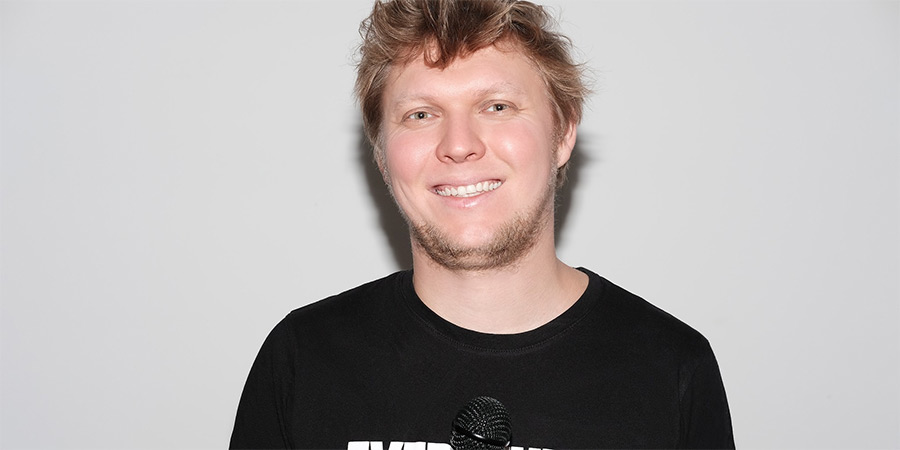
Which one person influenced your comedy life most significantly?
It might sound cheesy, but my wife is my biggest influence. She's my first critic, a source of endless material, and my main motivator to make some money from this comedy career. She's incredibly funny, so I borrow a lot from her. Being from South Africa and a native English speaker, she also helps me polish my language. And, of course, she makes sure anything mean or overly offensive gets cut.
And who's the most disagreeable person you've come across in the business?
Since I do comedy mostly in continental Europe, it's all self-produced because there's no clear industry here. The upside is that you're in control of everything, and your success depends entirely on you. The downside? You're in control of everything, and your success depends entirely on you.
Is there one routine/gag you loved, that audiences inexplicably didn't?
Nothing specific comes to mind, but I'm pretty stubborn about letting material go. If I think something's funny, I'll keep trying it out before dropping it. The toughest bits are the ones that kill in some rooms but bomb in others. When that happens, I just tell myself I'm not yet a good enough comic to pull it off and save it for later. Those often end up being golden.
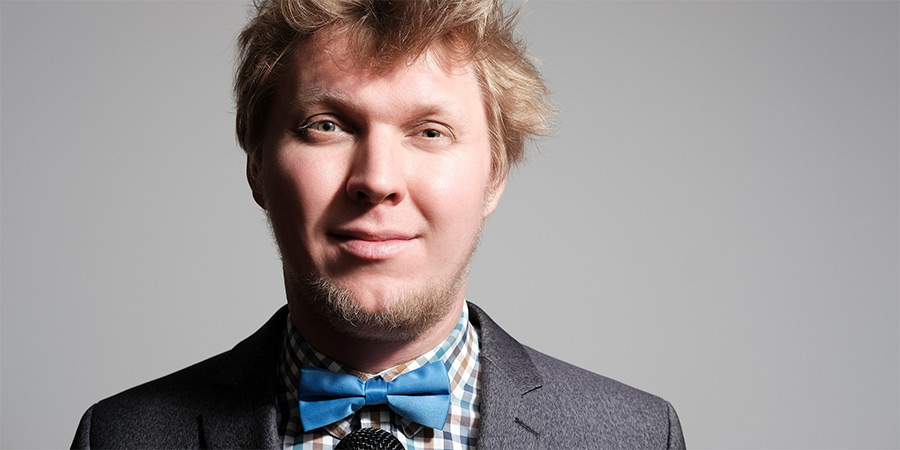
We hear good things about stand-up in Berlin - has the scene progressed since you've been there?
Absolutely, the stand-up scene in Berlin has grown significantly. When I started, there were just a few open mics and one comedy club. Now, you can find up to 10 English comedy shows per night, with a range of quality, and more people are making a full-time career out of it.
Berlin is currently the best place in the world for beginners in English comedy. If you're even slightly funny, you get unlimited stage time, can find your voice, and take risks - something much harder to do in places like London or New York. That being said, the scene is still very amateur, and making a living from comedy here remains a tough challenge.
Any reviews, heckles or post-gig reactions stick in the mind?
I got my first reviews during this Fringe, so I was really excited to see them. On the same day, I had two reviewers - one from The Scotsman and one from SLEEC - attend my show. The show went well, not perfect, but definitely one of the better ones. So you can imagine my surprise when the reviews turned out to be completely different.
SLEEC gave me 4 stars, while The Scotsman gave me 3. If you read them side by side, you'd think they were about shows on different days, with completely different material - and maybe even a different performer! That's when I realised what other comedians had been saying all along: reviews are just one person's opinion on that particular day. After that, I stopped caring as much about them.
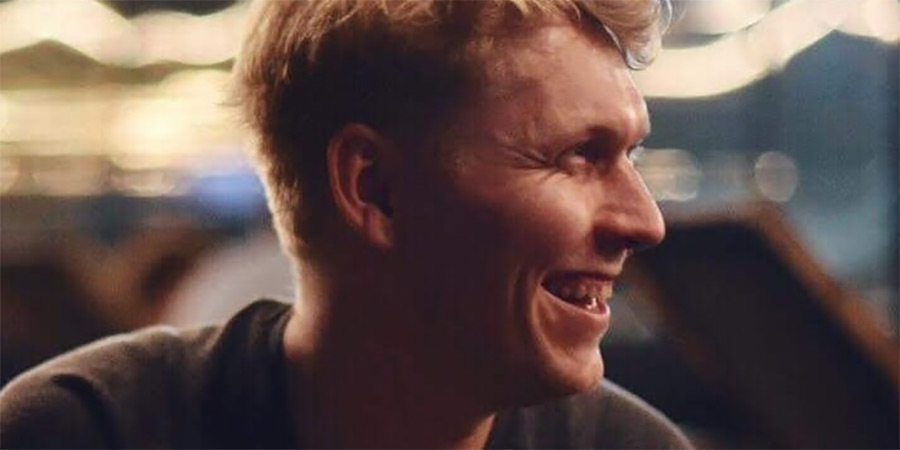
How do you feel about where your career is at, right now?
On one hand, I'm thrilled with how far I've come. I'm less than six years into comedy (including the pandemic) and I've already completed my first European tour with over 50 shows, had my first run at the Edinburgh Fringe, and performed in cities like London, New York, and Johannesburg. I've developed a small online following and even played a few sold-out theatres.
But on the other hand, I'm still not able to make a living solely from comedy, so I'll be returning to my IT job in September to gain some stability and improve my financial situation.
Looking ahead, my next goals are to record my first comedy special, find an agent or manager, and perhaps eventually move to London or New York. To grow as a comedian, you need to challenge yourself against the best in the world.
Help us publish more great content by becoming a BCG Supporter. You'll be backing our mission to champion, celebrate and promote British comedy in all its forms: past, present and future.
We understand times are tough, but if you believe in the power of laughter we'd be honoured to have you join us. Advertising doesn't cover our costs, so every single donation matters and is put to good use. Thank you.
Love comedy? Find out more
